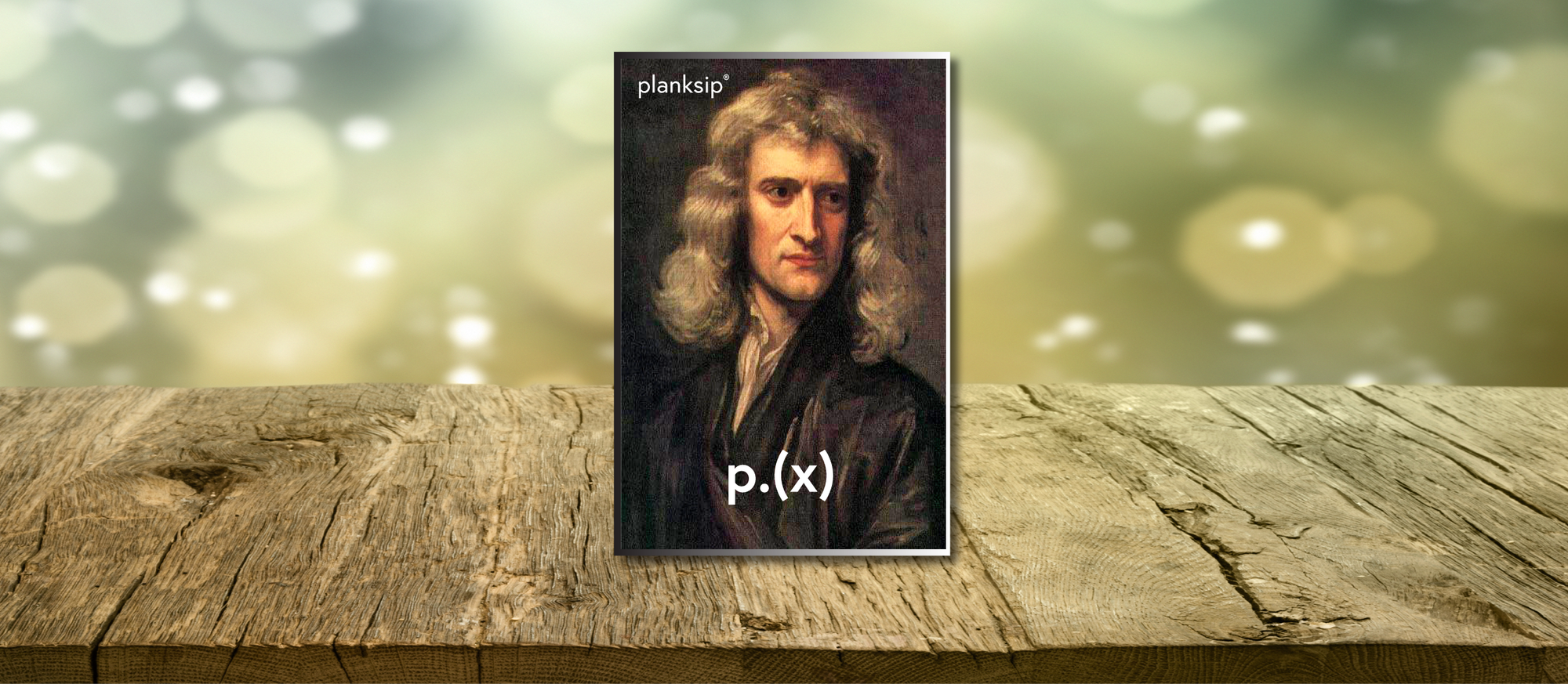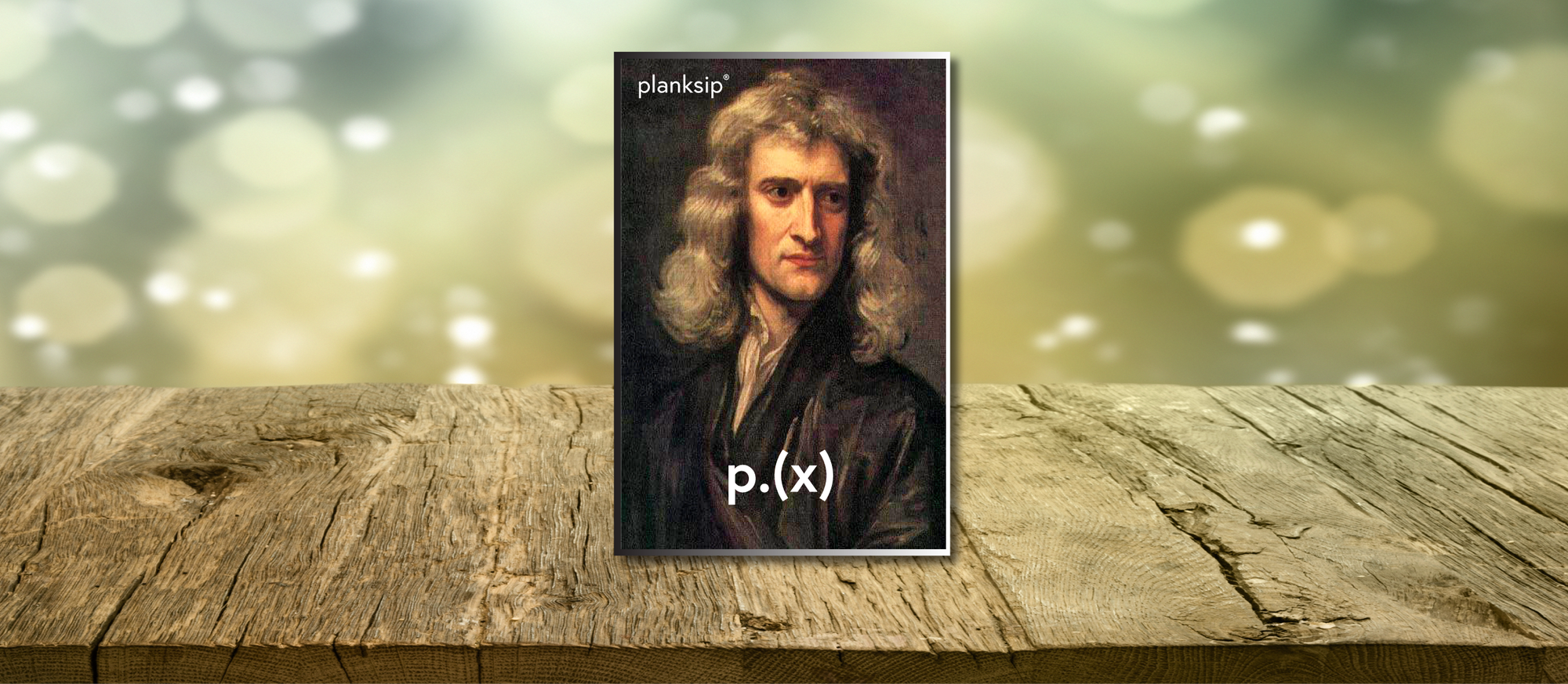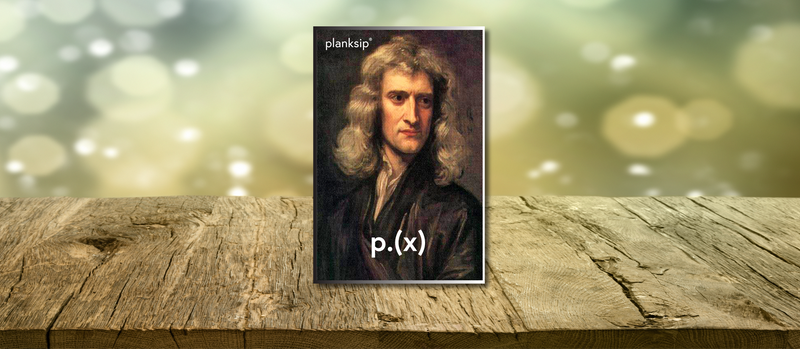The Ship of Laelius has Sailed
From a Planck length to a cicero, the minimum threshold to comprehension in the written language was limited to typeface and font foundries. In 2020, my vision for the future is clear, perhaps idealistic in forme, yet highly functioning and rife with potential. The audible experience requires no minimum size, no visual real estate, an incipit birth of a thought, propagated ex nihilo. From a materialistic and mechanistic standpoint, this isn't entirely the truth. Electrical impulses have a dimension equal to an electron. In terms of human perception, the difference is imperceptible yet the order of magnitude is manifest and measured at the speed of light.
A special thanks to A.C. Grayling and his obscure 2013 book on Friendship. Much read, much appreciated. This article and incipient inspiration on the historical timelines of Friendship, for me, was discovered through the writings of A.C. Grayling. Personally signed by Anthony in 2016, our copy of Friendship was purchased and given to our son.
Reflections from the end of the Second Punic War, the Battle of Zama (pronounced Zarma) in 202 BCE pitted calvary against the best of Hannibal's best. A record of friendship according to Laelius as told by Cicero. These ripples are not sui generis with Hannibal's defeat. One man has a military record to defend, Scipio, an avid student of success, defeats the undefeatable. The best of all possible worlds almost two centuries before Leibniz famously bastardized this optimism. Via proxy, Cicero had Laelius postulate, "I must at the very beginning lay down this principle: that true friendship can only exist between good people.”[1] Would contemporaries to Hannibal say the same? Would a decisive defeat for Scipio in the battle of Zama celebrate the friendship of Laelius in the same way we predict history? I realize is a counterfactual statement but considering alternative outcomes provides us with information. What we “do” with that information is up to us (individually and socially). Besides what is good anyway? Good as good does? Honourable, just, generous, courageous, and loyal, and free from greed, intemperance and violence.[2]
Good versus evil is like a one sided tennis match, self serving.
— Dr Cory Elliot, (fictional phenomenon)
Let's look at those two-by-two without the pedantic perspective. No true Scotsman fallacy aside, the hunt for goodwill is affectious. Amongst death and dismemberment friendship from within the Roman Empire was vastly different than it is today. Or was it? Adversity in many forms. In order of magnitudes, life orders chaos. On the battlefield and against the information overlords. Overlords and overloads are sui generis, as is the battle for survival.
Think for a moment, about Good versus Evil. With an axiomatic assumption or basic principle, that declares, "Evil defines us! In this reality, evil is relative, yet absolute. Giving forme and shape to the public and subsequent "Re" public. Our evils are what shape our goodness. All in pursuit of truths, both physical and metaphysical. Everything else is pure charlatanism. Do we look at evil differently now? Do we embrace the faults and treat them as our moral ground zero? Is it more efficient to self-sacrifice parts for the whole? Scientifically if it were so, do ethics play a duty and what side would they fall? Good versus Evil is like a one-sided tennis match, self-serving. Eudaemonia through comparison and contrast? That's life.

Infused with wisdom, is there anything better? A new pair of socks? A new iPhone? A new car? Materialism was philosophical, capitalism makes materialism disposable and devalues scientific determinism as a tenant of someone else's prosperity. I am not against capitalism, the values that move the invisible hand are mechanistic and require a desperately needed upgrade. Beyond kin, beyond 'us versus them,' sustainability is living lives worth living. Is this honourable, just, generous, courageous, loyal or free from greed, intemperance and violence? It should be good enough.

The introductory paragraph of this chapter on Friendship introduces cicero as a measurement, 4.5 mm to be exact. Beyond the empirical, Cicero (the man) was intellectually poetic. A.C. Grayling defends Cicero as a non-original thinker. This feels similar to style that is A.C. Grayling; a collector, anthologizing the intellectual. Original? No. Important? An astounding yes!
Cicero disagreed with Stoic and Epicurean thought on Friendship. I would like to discuss how the Stoics valued virtue (in this case over friendship). Cicero felt that the Stoics were unrealistic models, and surpass the ordinary standard of life. How do we reconcile this stricture? Eat, drink and be merry? Someday we all must die. Arete without this realization would be less than excellent. Rather than a state of excellence, the pursuit of this ideal is the forme that shapes virtue. Order in a state of chaos. An Aristotelian forme of excellence deluded by the Stoics. This devaluation of virtue (as excellence) loses the archetype of friendship as the pinnacle above all other virtues.
Gratitude is not only the greatest of virtues but the parent of all others.
— Marcus Tullius Cicero
Gratitude forgives, heals and binds relationships. Aristotle says, "after all, people will not take a journey in common with their enemies". Friendship binds societies or, "society depends on friendship". Gratitude between friends is mutual and most rewarding in Aristotle's eighth and ninth books of the Nicomachean Ethics. Think "lovables" or phileta. Specifically the third constituent of Aristotle's definition of phileta; usefulness, pleasing and excellence. I can't help but relate these categories with subsequent thinkers, the Pragmatism of William James (usefulness), Hedonistic tendencies (pleasing), and Arete or Virtue (excellence). When the pendulum swings too far to one side, contemporary thinkers are best to focus on what is lacking. What is lacking now in this time of Information abundance? Let's start with what's abundant. The creature comforts of Hedonism is manifest. Not in the pejorative sense, we are living in an unprecedented time of luxury. Despite homelessness, poverty, hunger, struggles and inequality we are living in a time of great prosperity. Steven Pinker has done this research and is my optimism brethren. Born on the same day only twenty-one years apart, he is truly a thinker and eminent thought leader of our time. Re-substantiating Aristotle's greatest legacy, our humanity's psychology of logic. Gratitude for how we think is excellence and virtuous. We need more thinkers like Aristotle. Like Steven Pinker. Your list should be thirty-two long, mine is.
Now that we have sufficiently acknowledged headonism correctly, how about usefulness? How about excellence? We briefly touched on excellence while romancing the Aristotelian concept of the "lovables" or phileta, how about the pragmatic? What is useful. How does this overlap with Utilitarianism and Pragmatism? Always an influence and pillar of Conservative sensibilities the problematic infiltrates and contaminates with self-serving interests. Power is the corrupting mechanism. The basic principle should postulate, "We all view ourselves as fundamentally good." Exceptions yes, but these should be treated as black swans and part of the whole rather than the exception to the mental rule. An invisible minority. Too much attention to these anomalies breed fear and loathing. How do you protect the doves of the Republic from the Hawks of evolution. This game theory in evolution is a replicator dynamic, a simple model of difference as signified by the uppercase fourth letter of the Greek alphabet. Delta or Δ is the function worth remembering. The duality of change is discussed in further detail in Chapter 11. Commonly used in evolutionary game theory, the only states in the two population model. This ecosystem of human interaction is self-correcting and evolutionary advantageous. A small percentage of Hawks is good for a large population of Doves. So the theory goes round. This game of chicken, or Hawks versus Doves ALWAYS leave a victim. Minimizing the damage should be a priority. Preventing it may be biologically impossible.
The way I see it, we lack very little in the way of creature comforts. Pragmatic and utility are evident in the contemporary culture of the early 21st Century. Reductions in hedonism remind me too much of the slippery slope, or soap in a shower, towards political austerity. Revaluing our values starts with the very idea that sustainability starts with living lives worth living.
We haven't discussed much of the Epicurean. Instead of starting with the Ancient Greek philosopher Epicurus or Democritus, Walter Charleton was also an atomic materialist. Hardly a charlatan himself, Walter Charleton's name makes me think of this flawful vice. A bittersweet epiphany. Charleton was an effigean, as were other scientists of the time. Truthful representation of the sincerest intent, from the school of Pierre Gassendi to the masses of British society in the 17th Century. Tutored by the famous John Wilkins, one of the founders of the British Society, Walter Charleton was acknowledged for his due diligence over his utter lack of original thinking. For instance, Charleton proved, in his 1663 book, Chorea Gigantum that Stonehenge was built by the Danes of Denmark. A.C. Grayling and Cicero welcome Charleton to the romancing of the dead poets in our society. John Keatings was a fictional character. Was Socrates? We know Socrates, unlike Jesus, actually lived. We have evidence of his life. But the Socratic ideal was given forme in the mind of Plato. Both fiction. How about 221b Baker St in London. A physical address for a fictional character imagined by Arthur Conan Doyle. What is fiction? Fiction made fact? Something God could never do... pleading, "God only knows". Confessions of a psychopath requires no Apology, forgiveness is not divine it's where we draw the line between Good and Evil. What side are you on? Nothing to forgive? No victim. No Hawk is present but it is inevitable. Resistance is futile.



